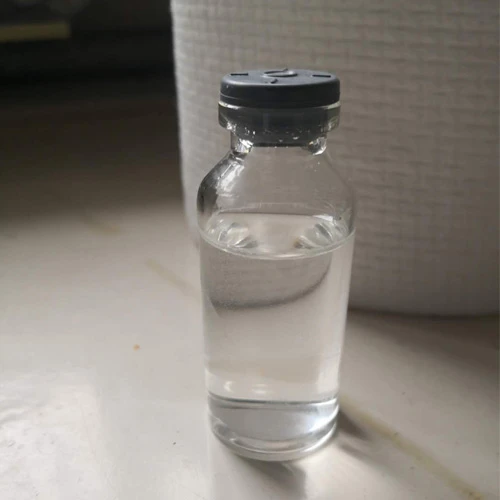The Role of Plastic Additives in the Automotive Industry
In the ever-evolving automotive industry, the use of plastics has become essential for manufacturers aiming to meet stringent performance, safety, and environmental standards. With the increasing demand for lightweight, durable, and cost-effective materials, plastic additives play a crucial role in enhancing the properties of automotive plastics, ensuring they meet the rigorous requirements of modern vehicles.
Plastics are integral to various components in automobiles, ranging from interior fittings and dashboards to under-the-hood parts and exterior body panels. However, the raw plastic itself often requires modification to enhance its performance attributes such as strength, flexibility, thermal stability, and resistance to environmental factors. This is where plastic additives come into play.
Types of Plastic Additives
Plastic additives can be categorized into several types, each serving a unique purpose
1. Stabilizers These additives enhance the longevity and durability of plastics by preventing degradation caused by heat, light, and oxidation. For example, UV stabilizers protect polycarbonate materials used in headlights and windows from becoming brittle or discolored over time.
2. Impact Modifiers To improve the toughness and impact resistance of plastics, impact modifiers are added. These additives are vital for parts that need to withstand sudden shocks, such as bumpers and trim components.
3. Plasticizers These substances increase the flexibility and workability of plastics. In the automotive sector, plasticizers are often used in soft-touch materials found in interiors and seals, providing an aesthetically pleasing and comfortable user experience.
4. Fillers and Reinforcements Fillers, such as talc or calcium carbonate, enhance the mechanical properties of plastics without significantly increasing their weight. Reinforcements like glass fiber provide additional strength, making materials suitable for structural components.
automotive plastic additives

5. Flame Retardants Safety is a paramount concern in the automotive industry, and flame retardants are critical for reducing the flammability of plastic components. This is especially important for interior materials that are more susceptible to fire hazards.
Sustainability Through Additives
As the automotive industry increasingly focuses on sustainability and reducing carbon footprints, the role of plastic additives becomes even more significant. Biodegradable plastics and additives that enhance recycling capabilities are gaining popularity. Additives that facilitate the recycling of automotive plastics not only reduce waste but also support the circular economy initiatives that many manufacturers are embracing today.
For instance, developing additives that can improve the recyclability of composite materials used in various automotive applications can lead to significant reductions in the overall environmental impact of vehicles. This aligns with global goals for reducing greenhouse gas emissions and promoting sustainable manufacturing practices.
Challenges and Future Trends
Despite the numerous advantages offered by plastic additives, the automotive industry faces challenges such as regulatory compliance, cost pressures, and the need for continuous innovation. Manufacturers must navigate a complex landscape where compliance with environmental regulations is critical. The evolving landscape of material science holds promise for new additives that can offer better performance while remaining eco-friendly.
Additionally, as electric vehicles (EVs) become more prevalent, the demand for lightweight materials that can also withstand high-performance conditions will lead to advancements in the development of sophisticated plastic additives. The future of automotive plastics will likely involve high-tech additives that enhance not only performance but also connectivity and functionality.
Conclusion
In summary, plastic additives are vital to achieving optimal performance, sustainability, and safety in automotive plastics. As the industry continues to evolve, innovation in additive technology will be crucial in meeting consumer demands and regulatory requirements. By embracing these advancements, automotive manufacturers can enhance their vehicles' overall performance while contributing to a more sustainable future. The ongoing partnership between material scientists and automotive engineers will lay the groundwork for the next generation of vehicles, defined by performance, safety, and environmental stewardship.

